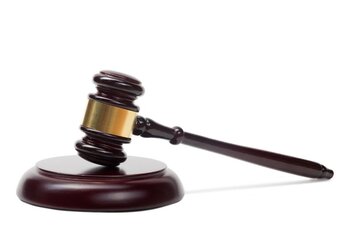
New York, like many states, has an anti-SLAPP statute, Civil Rights Law § 70-a, which allows for recovery of attorney’s fees and costs by defendants in cases “involving public petition and participation.” A recent Appellate Division decision, Robbins v. 315 W. 103 Enterprises LLC, 164 N.Y.S.3d 823 (1st Dept. 2022), held that 311 phone calls made by the plaintiff complaining about construction at a neighboring site did not qualify, as they did not concern any public matter. The defendant was represented by Steven A. Weg of Koffsky Schwalb.
In 2017, the defendants sued Robbins asserting claims for defamation based on five 311 calls he allegedly made to complain to the Department of Buildings (DOB) about defendants’ construction project next door. Plaintiff allegedly complained that defendants violated stop work orders, removed a posted DOB order, and caused damage to his property. The suit was discontinued.
Robbins then brought suit under the New York anti-SLAPP law. The Appellate Division affirmed dismissal of his case because he had failed to allege any connection between his 311 calls and the owner’s construction application or other attempts to obtain government approvals. Instead, they were merely general complaints concerning the building construction next door, which did not involve matters of “public petition and participation.”
In 2017, the defendants sued Robbins asserting claims for defamation based on five 311 calls he allegedly made to complain to the Department of Buildings (DOB) about defendants’ construction project next door. Plaintiff allegedly complained that defendants violated stop work orders, removed a posted DOB order, and caused damage to his property. The suit was discontinued.
Robbins then brought suit under the New York anti-SLAPP law. The Appellate Division affirmed dismissal of his case because he had failed to allege any connection between his 311 calls and the owner’s construction application or other attempts to obtain government approvals. Instead, they were merely general complaints concerning the building construction next door, which did not involve matters of “public petition and participation.”
